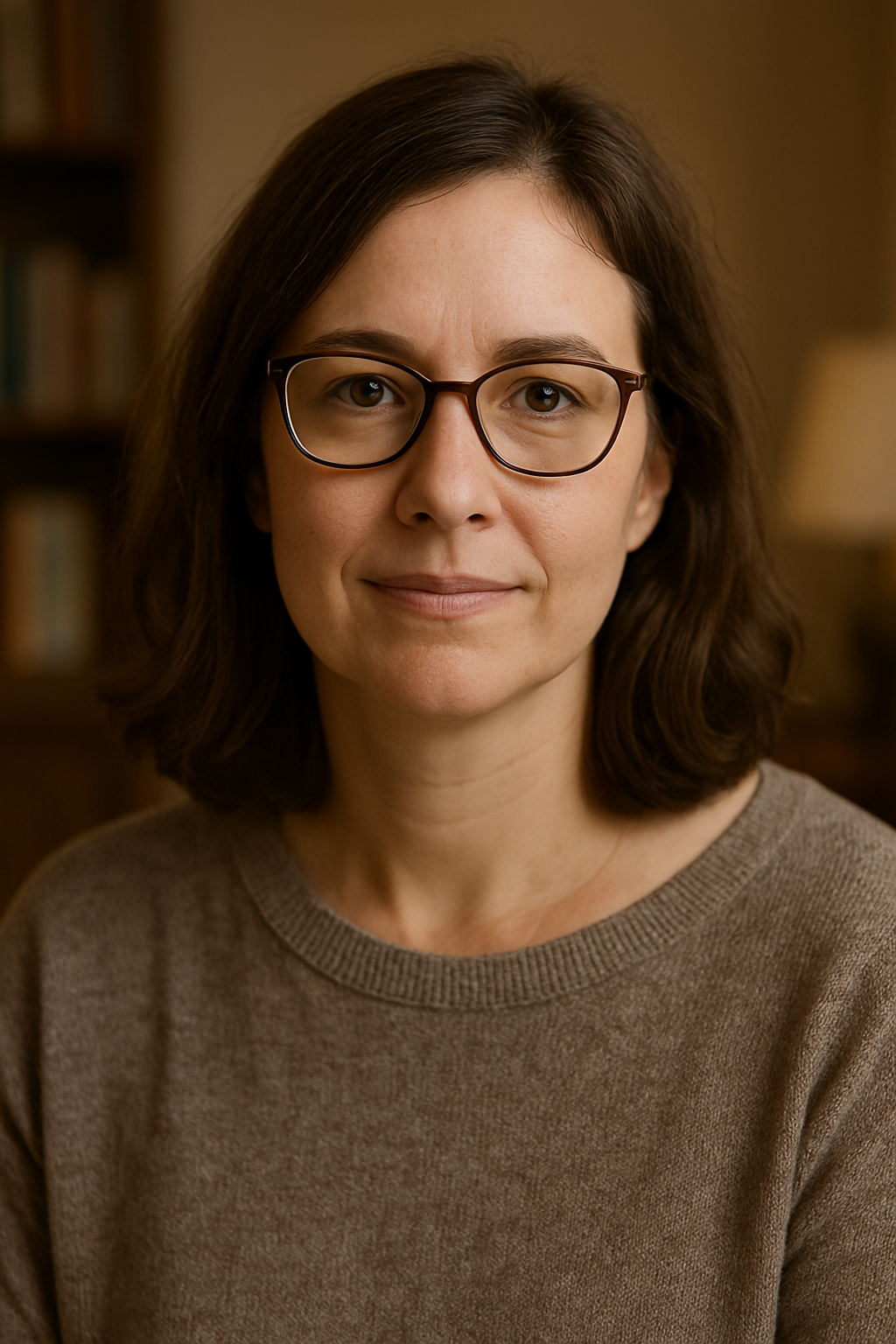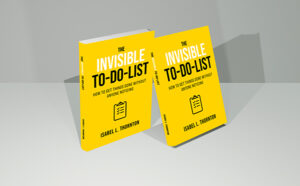
Self-care isn’t universal. While mainstream advice often assumes everyone has the same access, values, and needs, that simply isn’t true—especially for autistic adults navigating burnout within diverse cultural frameworks. Cultural expectations can shape how self-care is understood, expressed, and prioritized.
In Embracing Self-Care for Autistic Burnout: Your comprehensive resource for managing autistic burnout, we devote an entire chapter to exploring how cultural and lifestyle variations influence recovery. The takeaway? There is no one “right” way to heal. Your background, values, and community matter—and your self-care should reflect that.
Cultural Identity and the Pressure to Conform
In some cultures, mental health struggles are stigmatized. Seeking help or setting boundaries may be seen as weakness. For autistic individuals raised in these environments, the pressure to hide distress or “keep pushing” can delay recovery and deepen burnout.
You might feel:
- Guilty for resting
- Afraid to communicate needs
- Disconnected from traditional self-care advice
- Overlooked by support systems not built with your culture in mind
Acknowledging these dynamics is not about blame—it’s about creating space for a more compassionate, personalized recovery path.
Examples of Culturally Rooted Self-Care Practices
Many traditional practices—when adapted thoughtfully—can be powerful self-care tools. Here are a few culturally rooted strategies explored in the book:
- Herbal teas and rituals used in many Asian and African cultures for calming and grounding
- Prayer, meditation, or sacred music for spiritual connection and emotional regulation
- Community meals or shared silence as a way to recharge in collectivist cultures
- Movement practices like tai chi, yoga, or indigenous dance for somatic release
What’s most important is that the practice feels nourishing—not performative or externally imposed.
Making Self-Care Inclusive and Accessible
If traditional Western ideas of self-care feel foreign, uncomfortable, or out of reach, you’re not alone. In the book, we invite readers to reflect on:
- What practices feel restorative in your cultural context?
- Are there healing traditions from your upbringing you can revisit or adapt?
- How do your values shape what “rest” means to you?
As one reader shared:
“This was the first time I saw my background respected in a book about autism. It helped me stop judging my way of recovering.”
Create a Self-Care Plan That Honors Your Identity
No two autistic people are alike—and no two recovery journeys will look the same. That’s why Embracing Self-Care for Autistic Burnout includes diverse examples, global perspectives, and adaptable tools for building a self-care strategy that works within your cultural identity—not against it.
🌍 Explore the book on Amazon
💬 “I finally felt seen—my culture, my values, my healing process. This book meets you where you are.”





